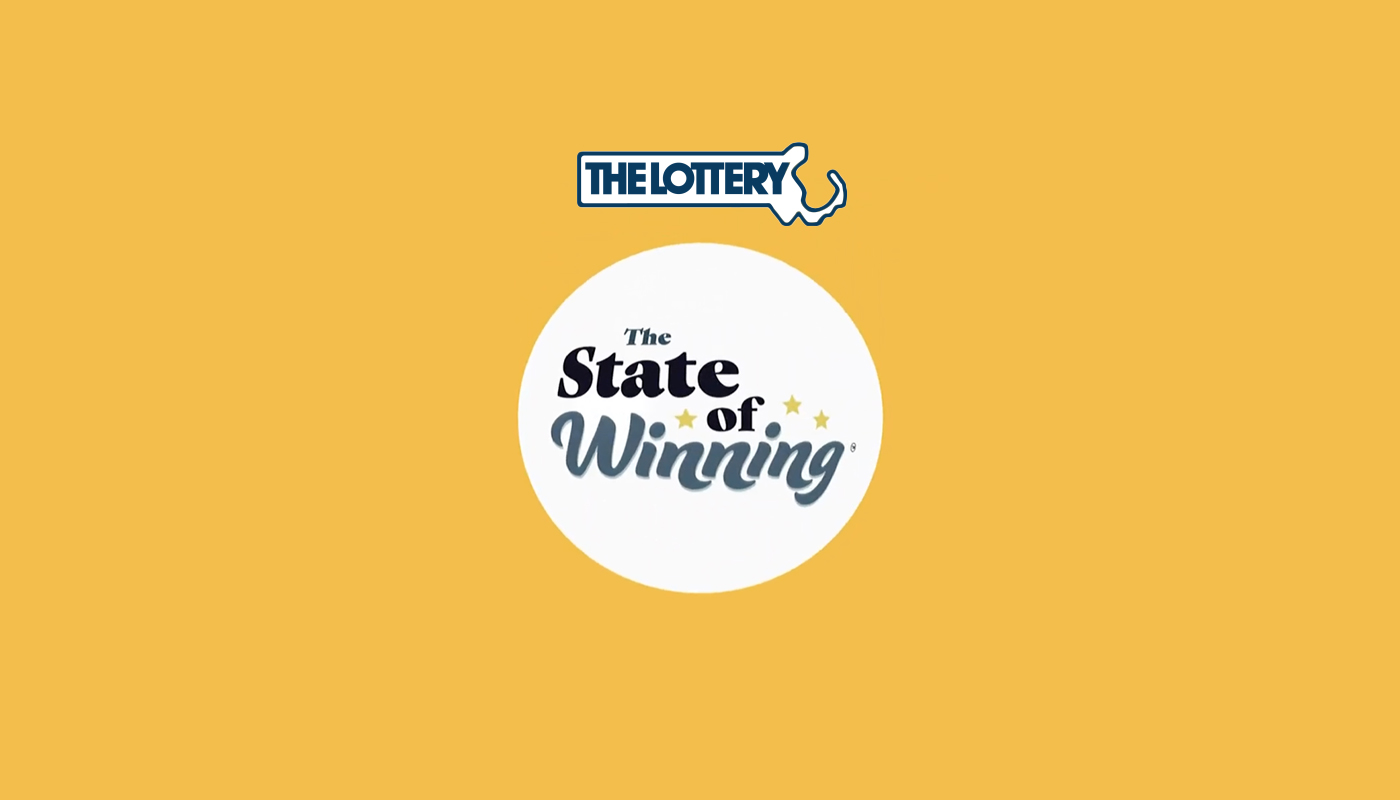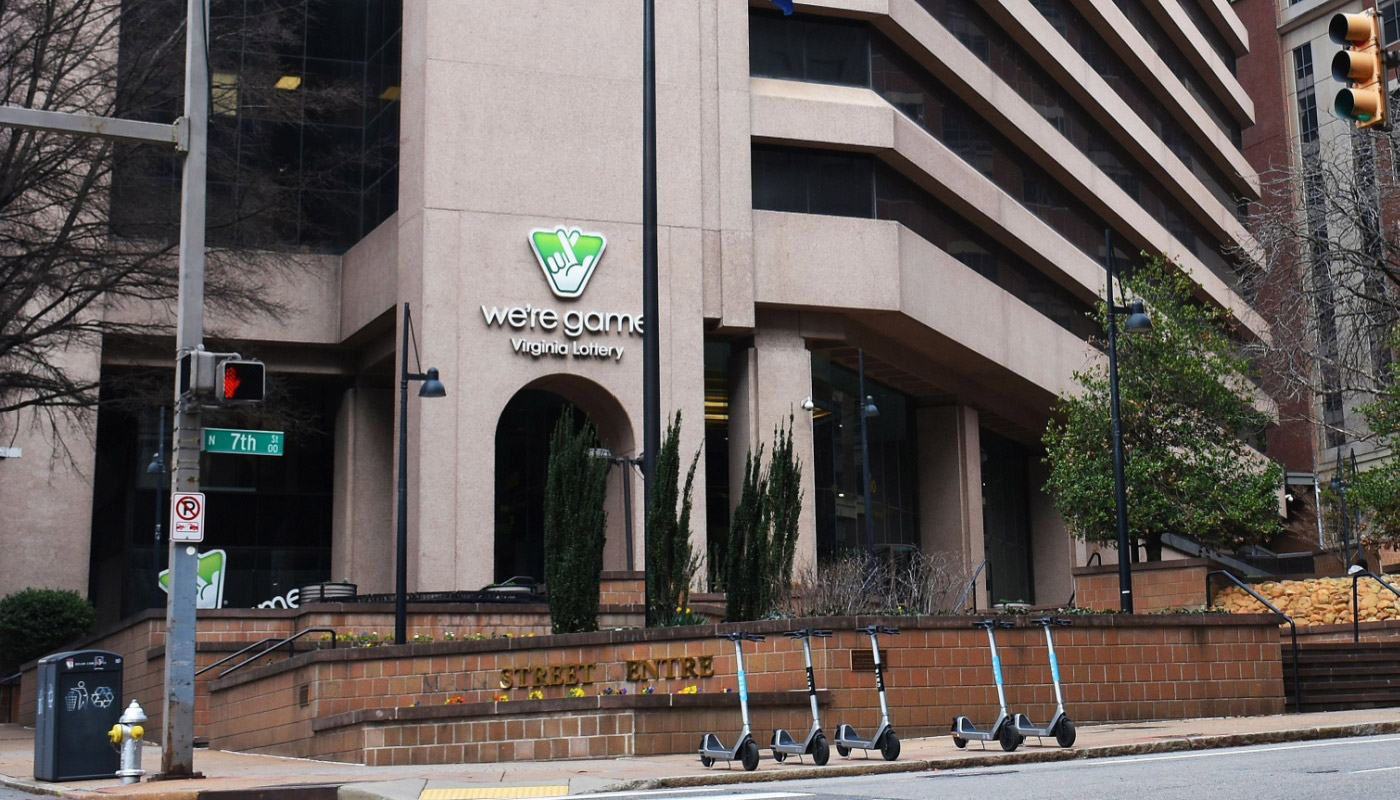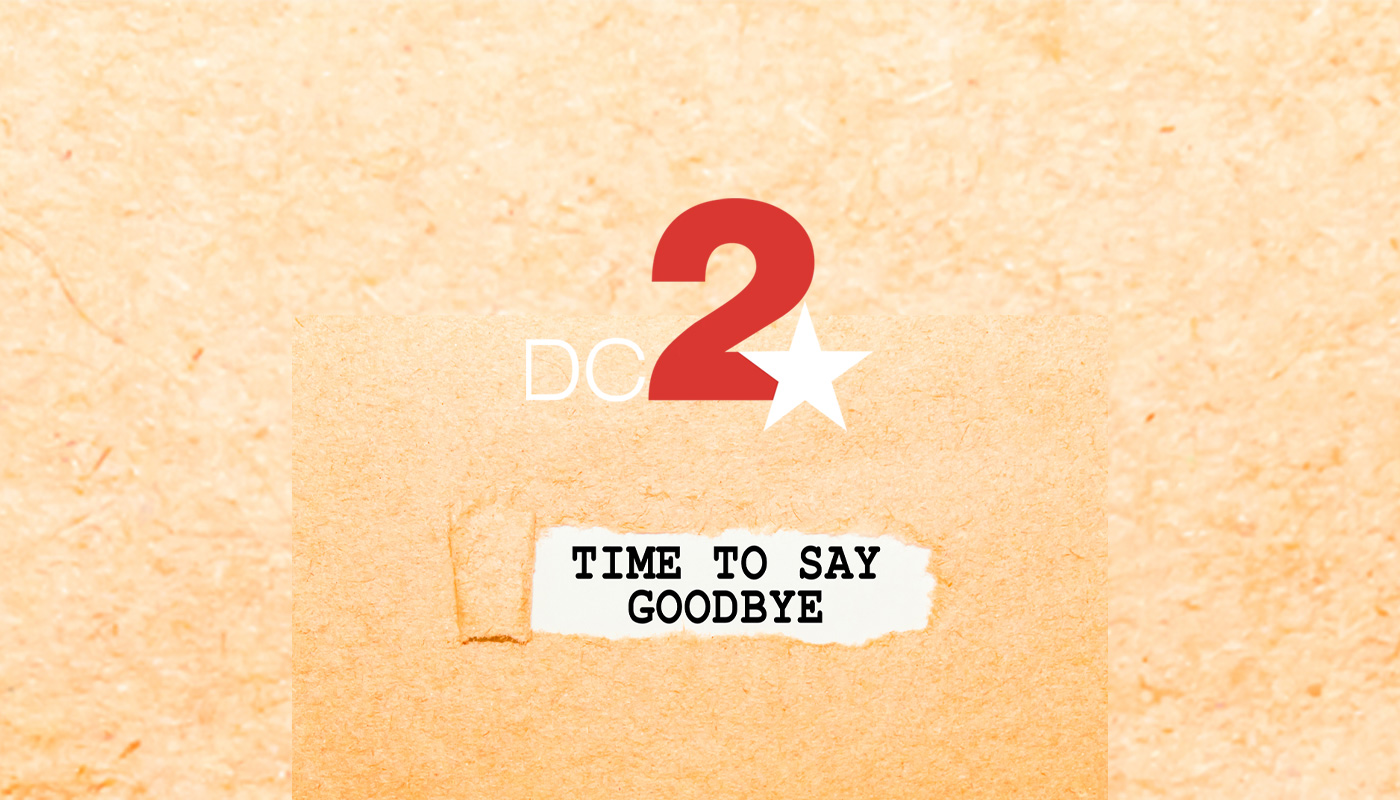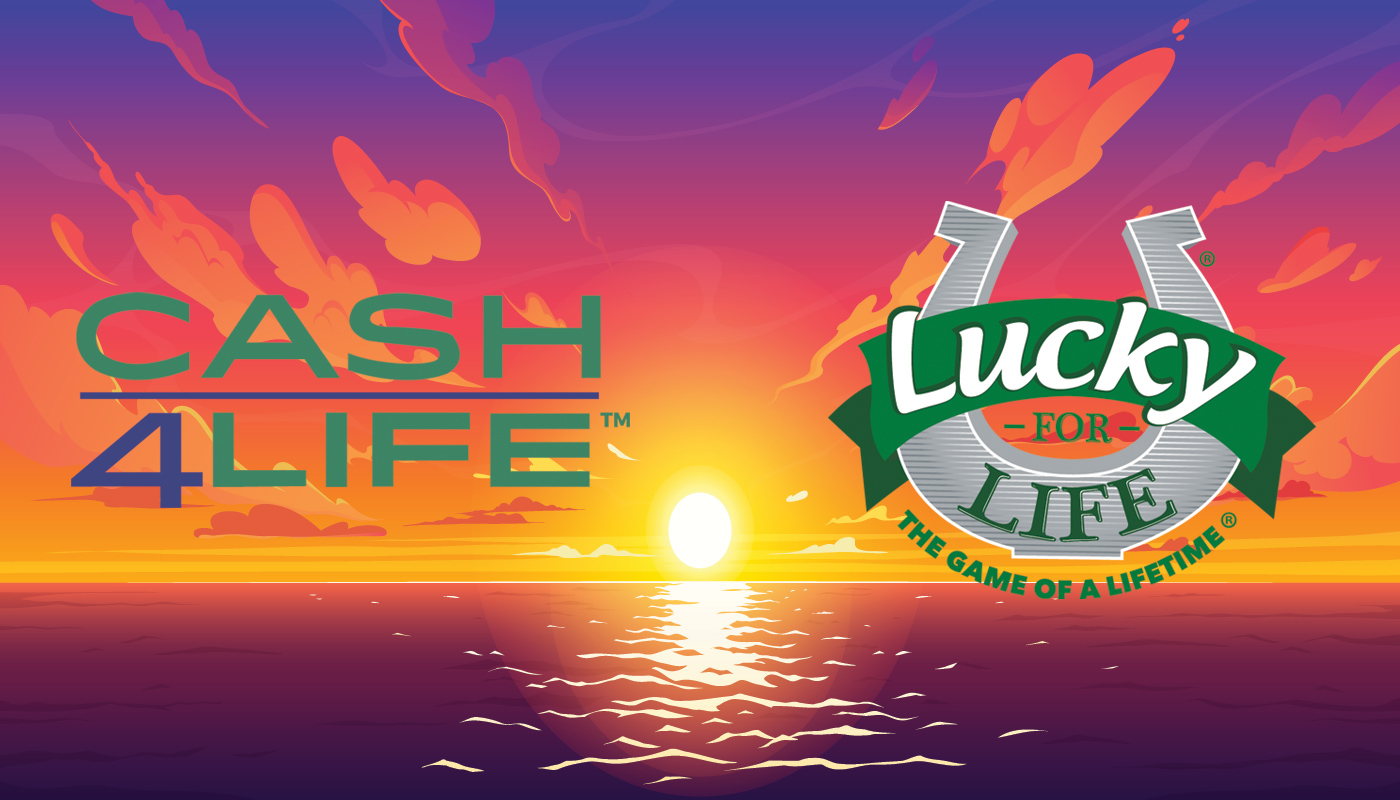
News writer, Interviewer
The numbers tell a striking story: Massachusetts residents spend $1,024.91 per person on lottery tickets - more than triple the national average of $320.42 across 45 participating states. This incredible figure makes the Bay State America's undisputed lottery leader, with Georgia being the second-highest spender, trailing far behind at $526.98 per person.
Why Massachusetts leads in lottery spending
Several factors contribute to Massachusetts' lottery dominance. The state's high median household income ($89,026), 29% above the national average, means residents have more disposable income for lottery tickets. However, the state's lottery success story goes deeper, rooted in a groundbreaking innovation from 1974 that changed America's gambling landscape forever.
The birth of the scratch ticket
Massachusetts revolutionized the lottery industry by introducing the world's first scratch ticket. This invention transformed gambling from a slow-paced weekly drawing into an instant gratification experience. The story behind this innovation involves an unlikely hero: a computer science PhD named John Cosa.
Cosa had developed his expertise in creating secure promotional games for supermarkets and gas stations. After his employer went bankrupt, he and colleague Dan Bauer founded Scientific Games, operating from an apartment in Ann Arbor and a kitchen table in Chicago. Their timing proved perfect, as Massachusetts was seeking ways to compete with illegal gambling operations.
The state's lottery director, known as Dr. Peralt, was uniquely qualified to understand Cosa's innovation. He too held a PhD in mathematics and appreciated the scientific approach to game design. This mathematical mindset would prove crucial in launching the world's first scratch ticket.
A critical security test
Before Massachusetts could launch its instant ticket, Cosa helped the state avoid a potential disaster. When another company's instant ticket design was already in warehouses ready for distribution, Cosa demonstrated three distinct ways to compromise the tickets:
- Using a medical device called a cystoscope to peek under the flaps
- Running tickets through a photocopier to reveal indented numbers
- Using Fresca soda to dissolve the adhesive, allowing the ticket to be peeled apart and resealed
This demonstration led Massachusetts to cancel the existing contract and partner with Scientific Games instead, launching their secure scratch ticket design.
The launch and immediate impact
On May 29, 1974, Massachusetts introduced the world's first scratch tickets to an eager public. The response was overwhelming. Stores had to create separate sales counters just for lottery tickets. Many locations ran out of tickets within the first day. Other states quickly followed Massachusetts' lead, with five or six states launching their own instant games by 1975.
Today's lottery landscape
The Massachusetts State Lottery continues to break records:
- FY 2024 brought in $1.157 billion in net profit, the second-highest in the lottery's 52-year history
- Total revenues reached $6.165 billion
- Players won 160 prizes valued at $1 million or more, including three $25 million prizes
- Instant ticket sales totaled $4.013 billion
- Keno sales hit an all-time high of $1.252 billion
The instant ticket phenomenon persists as the lottery's backbone. Visit any Massachusetts convenience store today, and you'll find walls of colorful scratch tickets, often featuring 50 or more different games.
The success of instant games
Scratch tickets now dominate the American lottery landscape, accounting for nearly two-thirds of the $100 billion annual lottery spending nationwide. Their popularity surpasses combined spending on movie tickets, concert tickets, and sports tickets. Americans now spend more on scratch tickets than on pizza or all Coca-Cola products.
The competition gap
While Massachusetts leads in lottery spending, other states show significantly lower participation:
- North Dakota: $39.74 per person
- Wyoming: $54.50 per person
- Montana: $61.99 per person
These states' lower median household incomes and higher poverty rates likely contribute to reduced lottery participation. North Dakota's median household income of $68,131 is 23.5% lower than Massachusetts', while Wyoming and Montana both fall below the national median.
A legacy of innovation
Massachusetts' position as America's lottery capital stems from its willingness to innovate during a critical period in gambling history. In the early 1970s, state lotteries competed with illegal gambling operations that offered better odds, daily action, and tax-free winnings. The scratch ticket provided something even illegal operators couldn't match: instant, secure gaming available through legal channels.
The state's pioneering role in instant tickets fundamentally changed how Americans gamble, paving the way for today's instant-gratification gaming culture. This legacy continues today, with Massachusetts maintaining its position as the nation's leading lottery state through consistent innovation and strong consumer participation.
The numbers show no signs of Massachusetts losing its crown as America's lottery capital anytime soon. With record-breaking revenues and sustained consumer interest, the state's lottery success story continues to evolve, demonstrating how a single innovation can reshape an entire industry.


















Comments